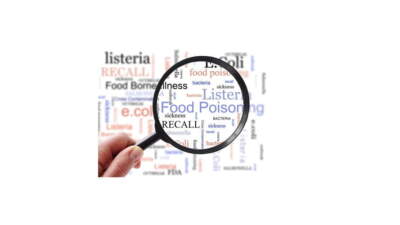Reducing television viewing lowers BMI and obesity
Reducing television viewing and computer use may have an important role in preventing obesity and in lowering BMI in young children, and these changes may be related more to changes in energy intake than to changes in physical activity. – Using a monitoring device to reduce television viewing and computer use time by 50 percent over a two-year period appears to reduce calorie intake, sedentary behavior and body mass index in overweight children age 4 to 7, according to a report in the March issue of Archives of Pediatrics & Adolescent Medicine, one of the JAMA/Archives journals.


